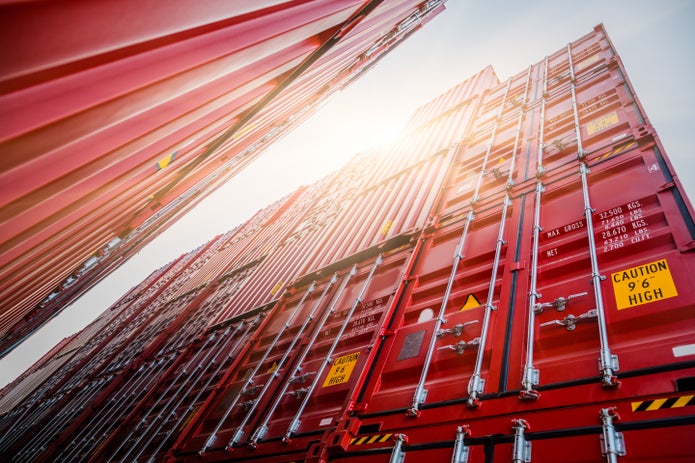
ICS2: important shipping changes to be aware of
ICS2: important shipping changes to be aware of
What you need to know
What you need to know
What you need to know
The European Union (EU) is strengthening safety and security at customs for its citizens and we will need to provide additional information about your inbound shipments to the authorities. Due to this, we are asking you to ensure these details are provided for each shipment.
Import Control System 2 (ICS2)
The EU’s security enhancements are being supported by a large-scale information system.
What it means for you



1st March 2023
All goods being shipped into or transiting through the EU* or Northern Ireland, Norway and Switzerland by air will need to have:
A minimum six-digit Harmonised System (HS) code for each item in the shipment;
Accurate goods description for each item in the shipment;
The receiver’s Unique Identification (UID) number.
These rules apply to all goods (except documents), regardless of value.



Release 3 due to complete 1st April 2025
These requirements will be extended to shipments via:
Road
Rail
Maritime
It will be mandatory for FedEx to provide this information to the authorities. If it is not supplied with the goods you are importing, we may have to delay your shipment until we can obtain the details we need to give to them.
What your shipper needs to do
They should be able to find the correct minimum six-digit codes for your items on their country’s government website. FedEx International Shipping Assist can help you to quickly and accurately identify the HS code for your goods.
A Harmonised System (HS) code is an internationally standardised system of describing and classifying goods. It is used by customs authorities to identify items and apply the correct duties and taxes (or restrictions) to them. In some countries, HS codes are also known by other names. Tariff codes and commodity codes are two of the most common.
This is needed for each item they are shipping to you. The description should answer:
What is it?
What is it made of?
What is it intended for?
They should also include the material composition breakdown – e.g. a men’s suit might be 80% cotton and 20% polyester – and check if they require any additional paperwork.
The HS codes and goods descriptions should be added in the dedicated field of their shipping application, as well as on the commercial invoice. Only supplying this information on the commercial invoice is likely to lead to delays in transporting or delivering your goods. If they are unsure of how to enter this information, please ask them to contact their sales representative.
You (the receiver) will need to provide the shipper with your Unique Identification (UID) number and they will need to include this on the commercial invoice.
If your shipper doesn’t already, please ask them to start providing these details from now. They will help your business to become more compliant, reduce potential delays at customs, and ensure that the correct duties and taxes are applied when your goods are shipped across borders.
*EU countries are: Austria, Belgium, Bulgaria, Croatia, Cyprus, Czechia, Denmark, Estonia, Finland, France, Germany, Greece, Hungary, Ireland, Italy, Latvia, Lithuania, Luxembourg, Malta, Netherlands, Poland, Portugal, Romania, Slovakia, Slovenia, Spain and Sweden.
Additional information



Union Customs Code (UCC)
Keep your goods flowing smoothly by learning more about the UCC and what it means for customs procedures.



Regulatory alerts
Maximise opportunities and minimise the risk of delays by staying up to date with key regulatory changes.



Duties and Taxes
Save time and prevent confusion by learning more about the charges that can be applied to your shipment.
